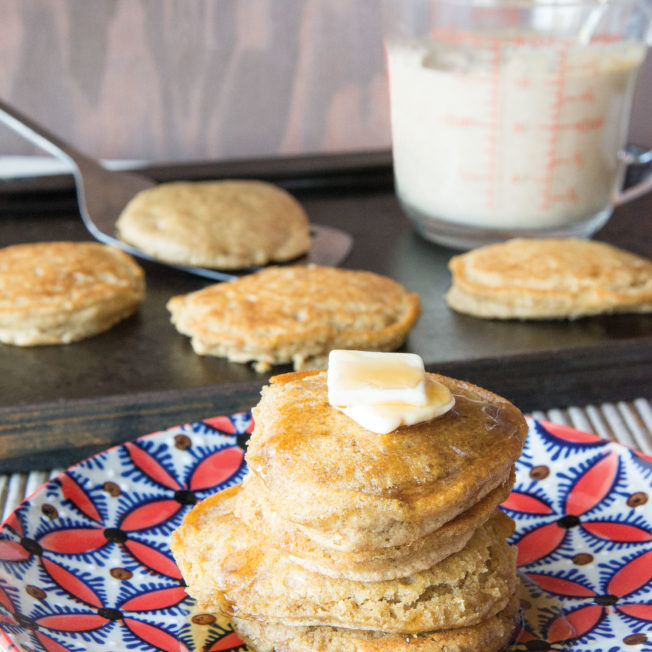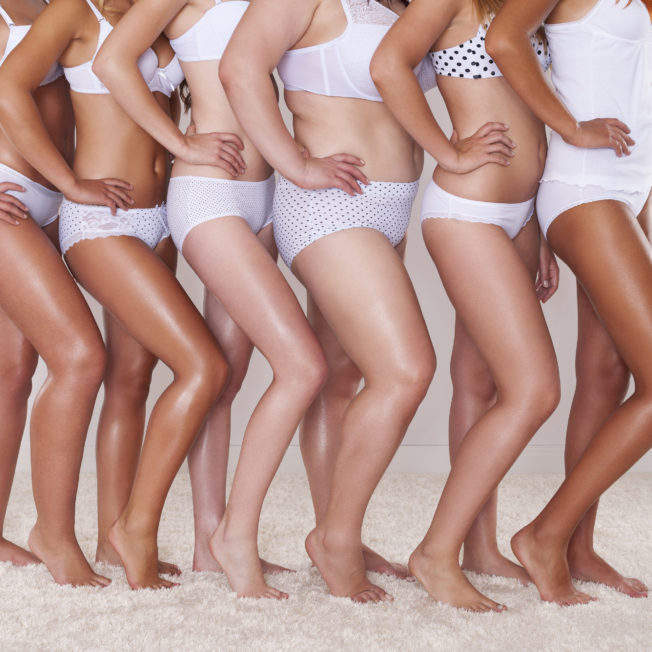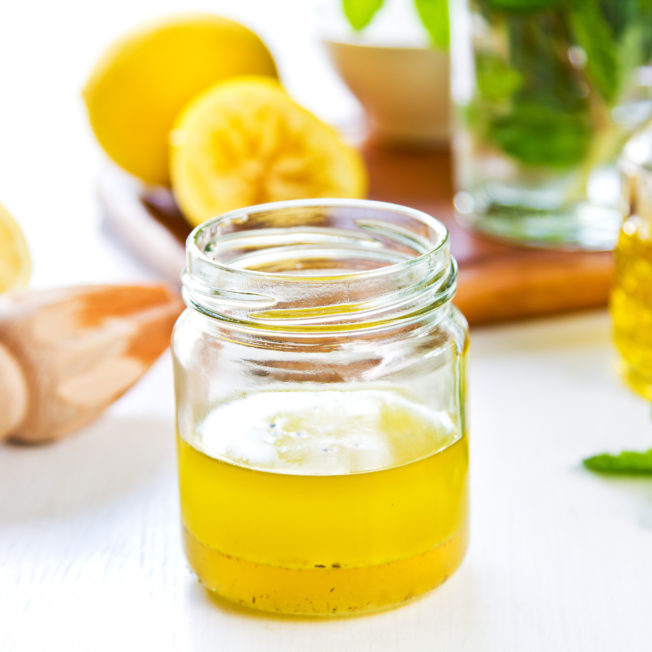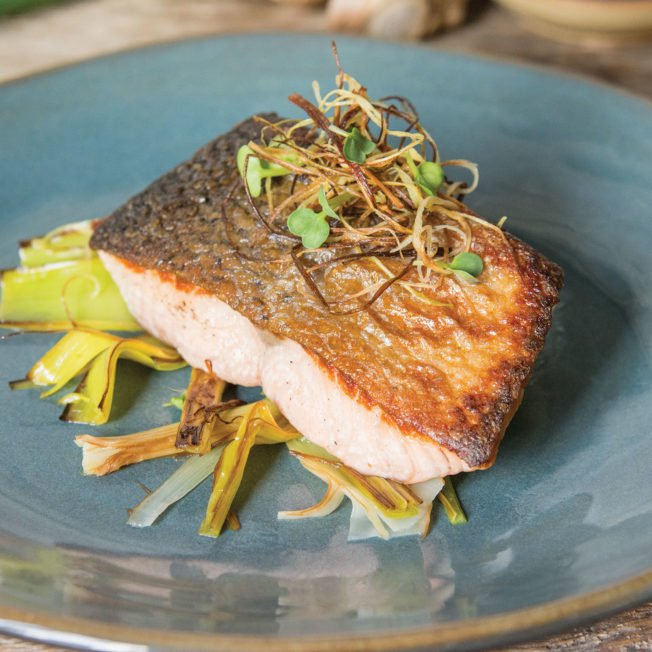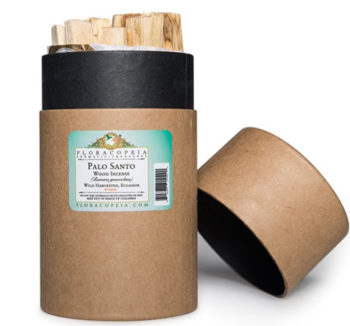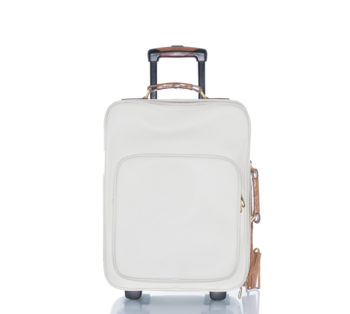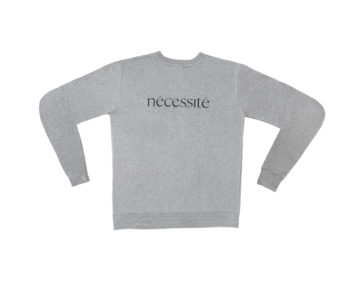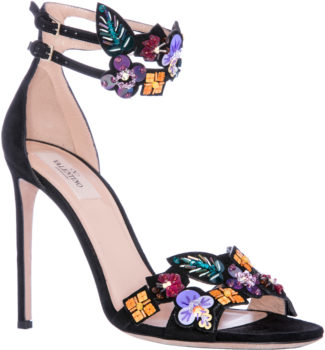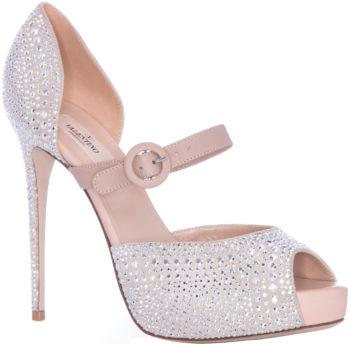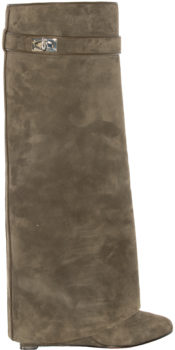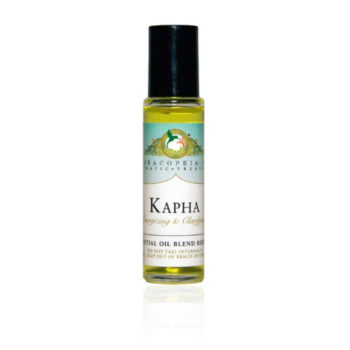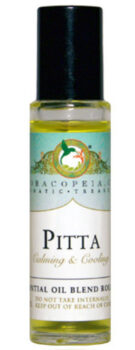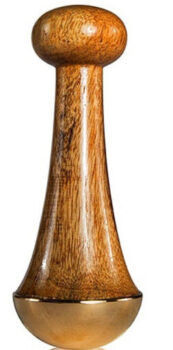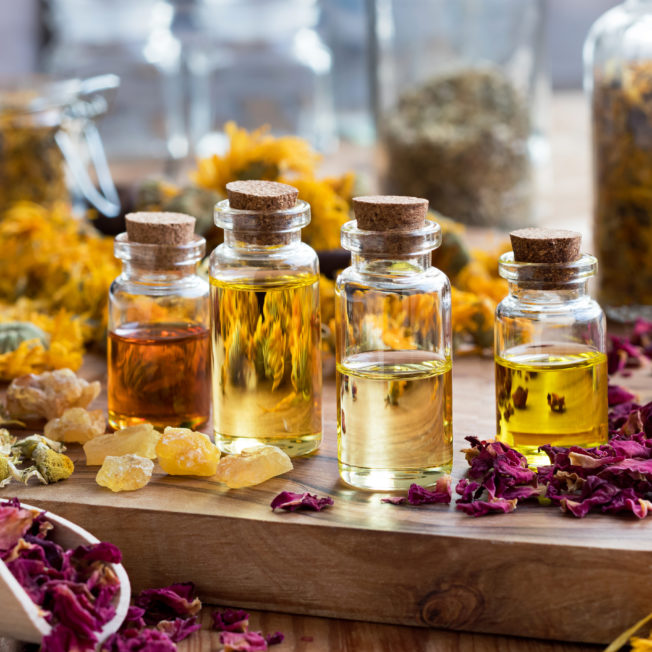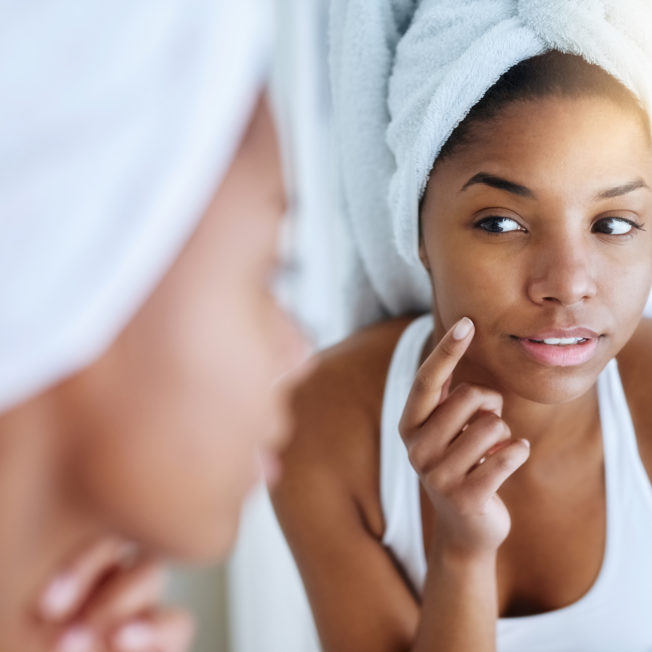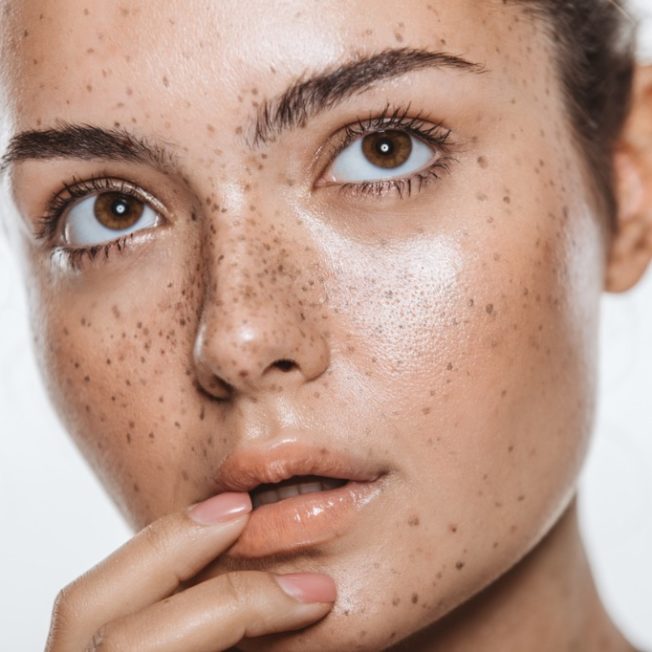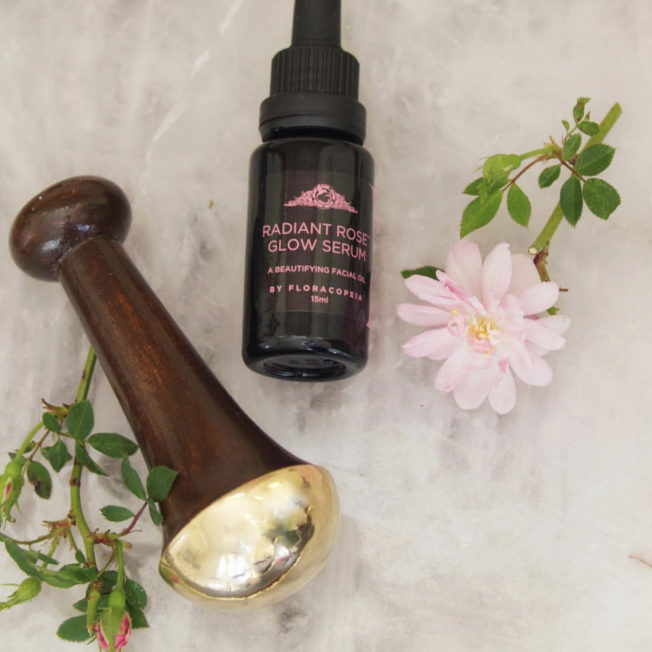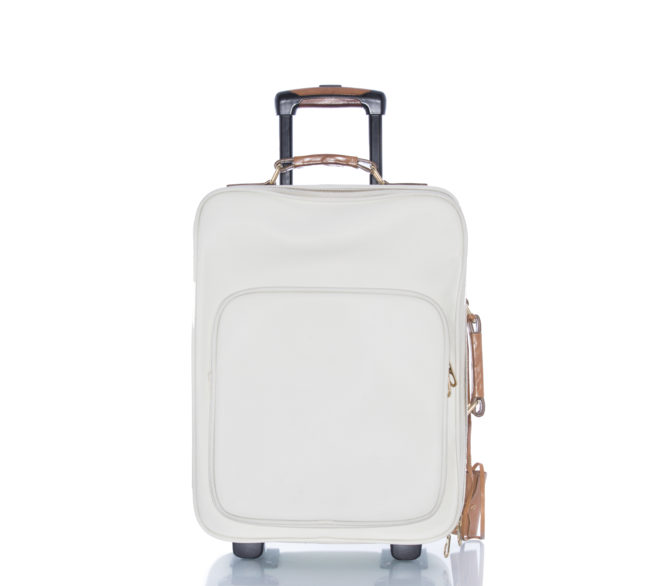Essential oils are aptly-named — and once you’re familiar with all that they’re capable of, you’ll see why. The small (but mighty) bottles you’ve been noticing on the shelves of Whole Foods and all over your Instagram feed truly are essential for seemingly everything, from a calm mind to a healthy body to happy skin.
Let’s start with the basics: What, exactly, are essential oils? In short, essential oils are pure liquid extracts cold-pressed from plant matter. They’re referred to as “essential” because these oils have no additives; they are made of 100 percent pure plant materials with no chemicals or fillers mixed in. You’ll often hear them referred to as “volatile compounds,” too; and while that sounds scary, it just points to how potent they are. You’ll never need more than a drop or two at a time to get the job done.
We all know that plants and natural materials have healing capabilities (chamomile calms, aloe soothes), and essential oils take those healing powers to the next level. Using an essential oil can affect the body in three main ways: intracellularly, on a cellular level; olfactory, connecting to your sense of smell; and energetically, affecting your outlook and connection to yourself. Many can be used as natural alternatives to chemicals for physical ailments (peppermint essential oil can ease headaches, for example — and is a lot gentler on your system than a handful of Tylenol). When ingested or inhaled, essential oils support your overall health and even reduce the body’s toxic load.
Ready to start exploring essential oils and incorporating their healing benefits into your life? There are three main ways you can do this: aroma-therapeutically, internally, and externally.
Arompatherapy
The simple act of smelling an essential oil can work wonders for your mood, mindset, and emotional or mental health. Take a whiff of citrus essential oil in the morning to wake up, inhale the scent of lavender to ease stress, or try some eucalyptus to clear your sinuses. The smell of rose has even been said to help with anxiety and depression.
Of course, you can just do this by opening up your bottle of essential oil and taking a deep breath — but a home diffuser is a slightly more luxurious option. To use, you dilute a few drops of your preferred essential oil with water in the diffuser, and then turn it on. It will release a light mist of oil-infused water throughout the room, so that you can reap the benefits of EOs in the subtlest way. (Fun fact: You don’t even need to be able to smell the oil to reap the rewards! Your olfactory system will process them, regardless.)
Internally
There are some essential oils that are safe to ingest in small quantities, and these offer profound physical health benefits. A few drops of oregano oil under the tongue in the morning has antibiotic and antimicrobial properties to help your body battle colds naturally. (Warning: The taste is intense, so you can also mix this in with your cooking, instead.) Add a drop of lemon essential oil to your water to enjoy its cleansing properties; taken first thing in the morning, this will serve to flush your system of toxins and kick-start digestion. A small dose of peppermint oil is ideal for soothing an upset stomach, too.
Topically
My personal favorite way to use essential oils is topically. When applied to the skin, essential oils interact with your cells to create positive change. But be careful — since EOs are so powerful, using too much product can cause irritation. A single drop of peppermint oil behind the ears or at the back of the head is known to stop a headache in its tracks, while other oils have skin-clearing benefits. Dilute a touch of tea tree oil in water or a carrier oil, like jojoba oil, and apply to pimples to reduce inflammation and kill acne-causing bacteria. Dealing with hyperpigmentation or scarring? Diluted frankincense oil (again, mixed with a base oil such as sweet almond oil or jojoba) has been known to brighten dark patches.
A word of caution: Never apply citrus oils to your face or body. These have the tendency to interact with sunlight and can actually burn your skin. It’s best to use topical EOs at night to avoid any possible complications.
Whichever way you’re drawn to using essential oils — as aromatherapy, as ingestibles, or as skincare products — one thing’s for sure: You’ll soon wonder how you ever lived without them. Essential, indeed.
